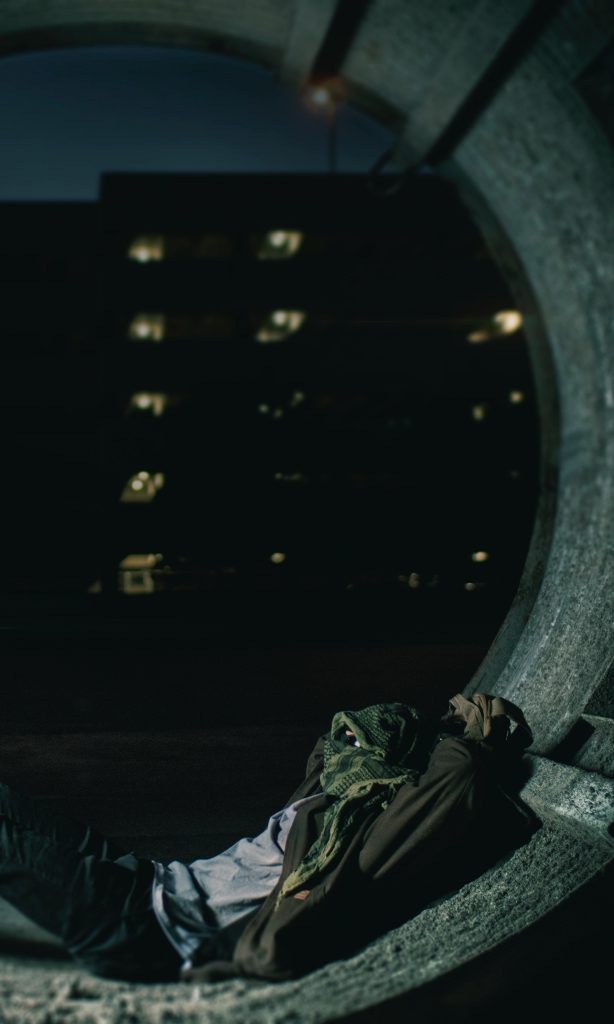
Your Anti-Camping Ordinance May Violate the 8th Amendment
Sep 10, 2018On September 4th, the Ninth Circuit Court of Appeals issued its decision in Martin v. City of Boise. The Court held that the Eighth Amendment prohibits ordinance enforcement if such ordinances criminalize homeless individuals for sleeping outside when they have no access to alternative shelter.
In Martin, six current and/or former residents of the City of Boise, Idaho filed a civil-rights lawsuit after being cited for local ordinance violations. The ordinances either made camping in public spaces a misdemeanor (“Camping Ordinance”); or prohibited illegal lodging without an owner’s permission (“Disorderly Conduct Ordinance”). This decision likely impacts the enforcement of similar state laws, such as California Penal Code section 647(e) prohibiting illegal lodging, which is presently at issue in Orange County Catholic Worker v. Orange County.
Notably, the Martin Court reaffirmed the reasoning in an earlier-decided case, Jones v. City of Los Angeles (9th Cir. 2006) 444 F.3d 1118. In Jones, the court held that the city’s enforcement of local camping ordinances violated the Eighth Amendment by imposing criminal penalties for sitting, sleeping, or lying outside on public property when homeless individuals could not otherwise obtain shelter. Because a subsequent, underlying settlement between the parties vacated the court’s opinion, California cities have argued successfully that Jones is non-binding. Now, however, the Martin decision makes clear that cities cannot enforce camping/lodging prohibitions if its local homeless population faces inadequate shelter space.
Of particular interest in the Martin case were ordinances amended in 2014, prohibiting enforcement if overnight shelter space was unavailable. The Boise police implemented a special “Shelter Protocol,” where local shelters would report their capacity status to the department. The department would then refrain from enforcing the ordinance if shelters hit maximum capacity. Two religious shelters had a policy of not refusing individuals due to lack of space. However, they did deny space to those staying longer than a specified duration if those individuals did not join a religious-training program. Functionally speaking, the shelters denied access, but they never reported being at full capacity because, ostensibly, they kept an open-door policy. Therefore, because shelters were never reported as “full,” the Boise police continued to enforce the city’s anti-camping ordinances.
In overturning the district court’s decision to grant the city summary judgment, the Martin Court noted that the plaintiffs had argued persuasively that they did not have shelter access and thus anticipated the future threat of enforcement. Plaintiffs may be entitled to injunctive relief as to the city’s enforcement against them; the Court remanded the case for further consideration of this issue.
Based on Martin, it appears that the city enforcing the ordinance must have shelter space available within its own jurisdiction; additional shelter space elsewhere, even if nearby, does not augment the options. The Court also makes clear that its opinion does not apply to “individuals who do have access to adequate temporary shelter, whether because they have the means to pay for it or because it is realistically available to them for free, but who choose not to use it.” Nor does the decision completely prohibit cities from banning sitting, lying, or sleeping outside at particular times or in particular locations. The Court further indicated that prohibitions on the obstruction of public rights-of-way or the erection of structures likely will remain permissible. And finally, an ordinance’s valid enforcement will ultimately depend on whether that law criminalizes an individual for not having the means to “live out” the “universal and unavoidable consequences of being human.” So the Martin decision still gives cities important tools in regulating these particularly problematic areas.


